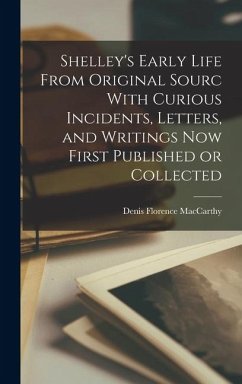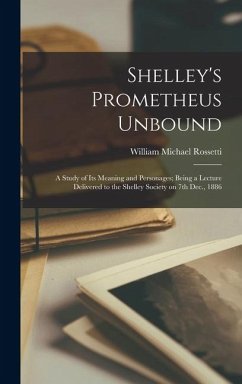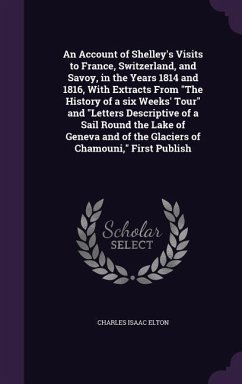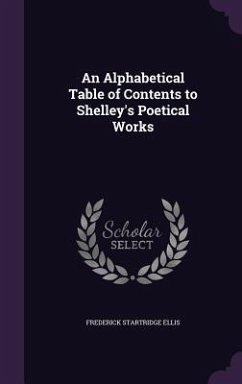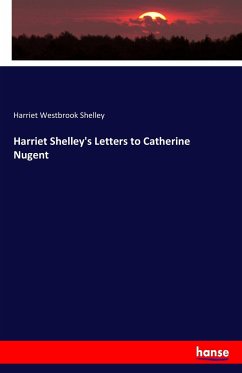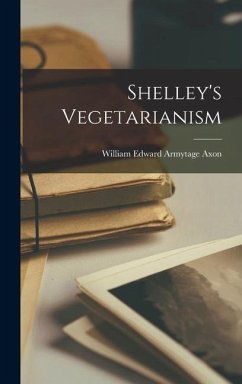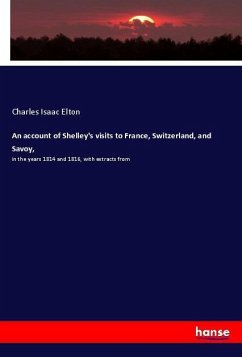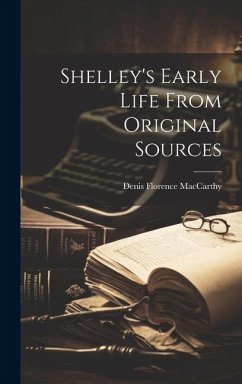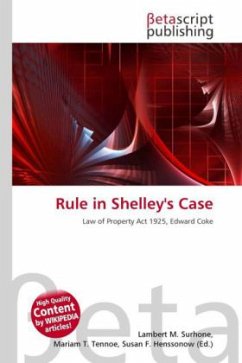
Rule in Shelley's Case
Versandkostenfrei!
Versandfertig in 6-10 Tagen
26,99 €
inkl. MwSt.

PAYBACK Punkte
13 °P sammeln!
Please note that the content of this book primarily consists of articles available from Wikipedia or other free sources online. The Rule in Shelley''s Case is a rule of law that may apply to certain future interests in real property and trusts created in common law jurisdictions. It was applied as early as 1366 in The Provost of Beverly''s Case but in its present form is derived from Shelley''s Case (1581), in which counsel stated the rule as follows: "...when the ancestor by any gift or conveyance takes an estate of freehold, and in the same gift or conveyance an estate is limited either medi...
Please note that the content of this book primarily consists of articles available from Wikipedia or other free sources online. The Rule in Shelley''s Case is a rule of law that may apply to certain future interests in real property and trusts created in common law jurisdictions. It was applied as early as 1366 in The Provost of Beverly''s Case but in its present form is derived from Shelley''s Case (1581), in which counsel stated the rule as follows: "...when the ancestor by any gift or conveyance takes an estate of freehold, and in the same gift or conveyance an estate is limited either mediately or immediately to his heirs in fee simple or in fee tail; that always in such cases, ''the heirs'' are words of limitation of the estate, not words of purchase. The Rule was reported by Lord Coke in England in the 17th century as well-settled law. In England, it was abolished by the Law of Property Act 1925.




